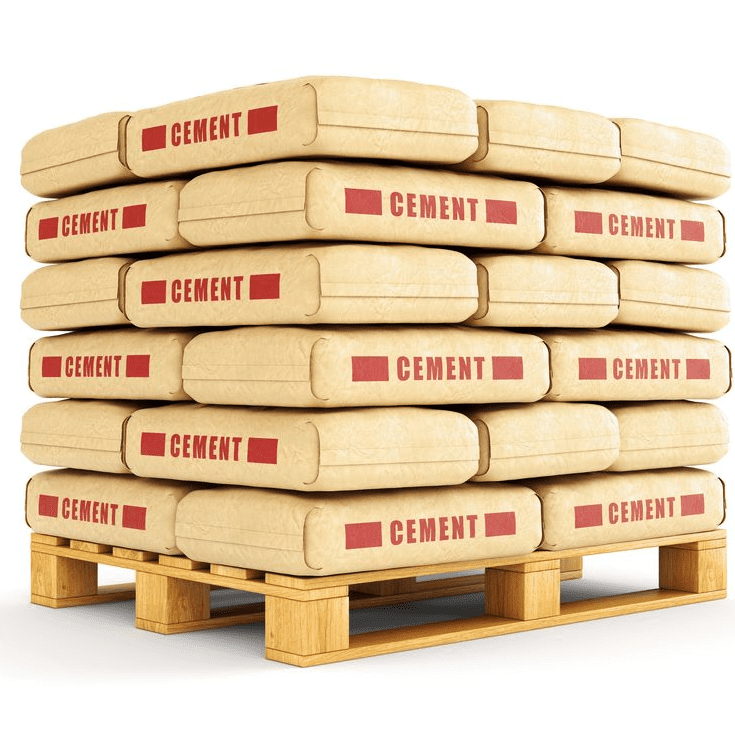Which cement works best for concrete slab?
Cracked floors are a common issue in most homes, so people prefer to use concrete surfaces to avoid this issue. However, you must use the highest quality cement with a quality guarantee for these paving stones.
So, what is the finest cement for constructing concrete slabs?
The Type of Cement That Is Ideal for Concrete Slabs
Different varieties of cement are used to create concrete slabs, but Portland Pozzolana Cement (PPC) is the best. People use PPC to produce concrete for residences, colleges, and residential areas. PPC is composed of 77% cement clinker, 3-5% gypsum, and 20% fly-ash. It can be utilized for waterproofing, tiling, brickwork, and plastering. It is prone to fewer fractures and less shrinkage, and its results and workability are excellent. It also eliminates the framework allowing for additional time. This form of cement prevents the slabs from cracking under heavy loads.
Portland Pozzolana Cement (PPC)
Due to its resistance to sulphate assaults, this cement is frequently used in underwater construction. Dams and bridges, which come into direct contact with water and have a high risk of chemical reactions, can benefit from its use. PPC is environmentally friendly because it is constituted of fly ash, a coal oxidation product consisting of the granular particles of burned fuel that are discharged from thermal power plants.
OPC – Ordinary Portland Cement
Ordinary Portland Cement (OPC) is another type of cement proven to be highly effective for the construction of cement slabs. OPC is primarily used for concrete slabs in industrial and power facility structures. OPC is the most common form of cement, composed of gypsum (5%) and cement clinkers. It has high workability and strength in the first 28 days, as well as high compressive strength in the early phases. It is also useful for the construction of other elements, such as shafts and columns.
Which is superior, PPC or OPC?
PPC is less expensive than OPC, but it takes longer to consolidate, so OPC is preferred in wet seasons because it hardens more rapidly,and it dries rapidly. However, the quicker it cures, the more heat it can generate in a chemical reaction. This procedure causes the cement to crack; to prevent this, you must perpetually use water to speed up the curing process and exercise extra caution.
- PPC, on the other hand, does not require as much attention, and although it takes longer, the quality is comparable to that of OPC. PPC is therefore preferred on a larger scale.
- The strength of the slab is determined more by the composition than by the type of cement used.
- Utilize Pozzolana Portland Cement if you prefer the durability of cement but can wait longer and desire results that are both effortless and superior.
- Use Ordinary Portland Cement if you need quicker results and have effective curing instruments.
Conclusion
Ordinary Portland Cement and Pozzolana Portland Cement are both acceptable cement types for constructing concrete slabs. The secret is to get the mixture just right, i.e., to add the proper quantity of cement and water. Both Ordinary Portland cement and Pozzolana Portland cement give concrete slabs the necessary strength to withstand large loads.
PPC is advantageous in hostile environments and can aid in the construction of OPC-made products. However, OPC is useful in the production of grouts and mortars from concrete.
Ordinary Portland Cement is optimal for large structures and industrial areas, while Pozzolana Portland Cement is optimal for residential areas.
Disclaimer: This content is provided solely for your review. Erusu Consultants takes no liability for this article. The reader is advised to form their own opinion. Please consult a Structural Engineer before making any final decisions.






